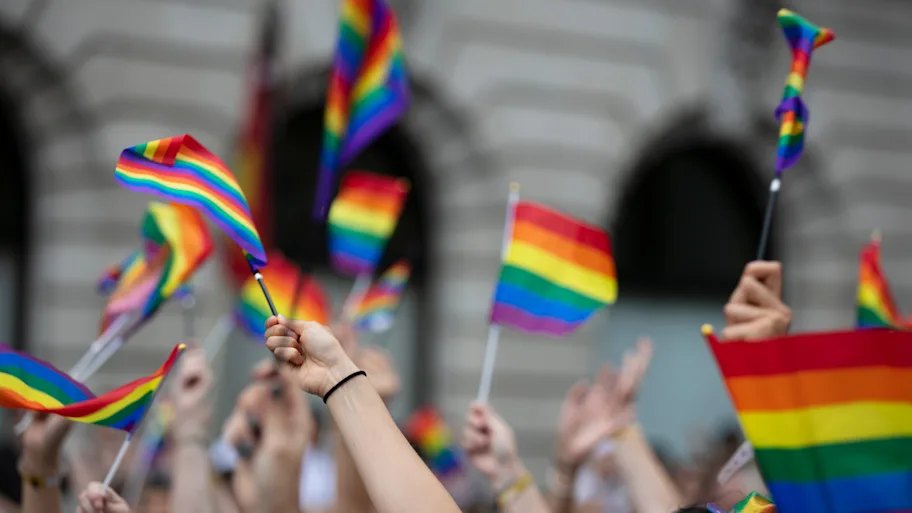
- Science News
- Psychology
- Women in the police face identity conflict
Women in the police face identity conflict

Being part of a minority social group in a male-dominated workplace can make women feel undervalued, and reduce work performance and well-being.
— By Conn Hastings —
Researchers surveyed people working in the police force, and found that women may feel undervalued because of their gender in teams where they are a minority. As one female respondent put it, “Although I generally feel good within our team, the feeling that as a woman you have to prove yourself even more to get the same appreciation as a police detective prevails.”
Team work is very common in modern workplaces. Feeling valued and accepted by a team is important in working effectively and happily. The workplace is also becoming more diverse – roles that were historically dominated by men, such as engineering or police work, increasingly attract a variety of applicants.
Being part of a minority social group on a team can make someone more aware of the differences between themselves and others. The individual may start to think that other team members perceive them in terms of their minority status. This can have negative effects in professions where certain social groups (including women) have been historically under-represented or undervalued, and where negative stereotypes about these groups exist. For example, this could cause women to feel that their identity as a woman means that they will be undervalued as a police officer by their team members, leading to what is known as gender-work identity conflict.
Previous research has looked at how diversity can contribute to how well teams work and innovate together. However, in a study recently published in Frontiers in Psychology, Jenny Veldman and her colleagues at the University of Leuven set out to investigate how being a minority in a work team was experienced by women. The researches explored whether these women felt valued by their team, rather than looking at team performance.
Police forces have a relatively short history of employing women, and women are still a significant minority in police forces worldwide. In a largely masculine environment, such as the police force, the researchers hypothesized that women would experience more gender-work identity conflict when being a minority on a team, whereas men would not. The scientists also set out to determine if the respondents’ perceptions affected their work performance, and if support from colleagues or superiors could affect their perceptions.
They surveyed 657 employees working in 85 teams in a police force and asked them questions about their perceptions of diversity in the workplace. As expected, the survey found that women tended to experience gender-work identity conflict when they were a gender minority on a team, but men did not.
The researchers discovered that some women may distance themselves from their team to cope with these perceived conflicting identities, but this had negative effects on their job performance, such as lower motivation and job satisfaction and more burn-out symptoms.
Finally, the scientists assessed the effect of support from team members or superiors on the women’s perceptions. They found that support and encouragement helped to somewhat reduce gender-work identity conflict. Further research will be required to learn how to create more inclusive workplaces for social minority groups, but the current results are relevant to various workplaces.
“This research is not only relevant for the police force, but also for other professional domains where particular social groups are underrepresented and negatively stereotyped but increasingly find their way, such as women in engineering, men in primary education, or ethnic minorities in a variety of roles,” explains Veldman.
This study is part of a Frontiers Research Topic, a collection of open-access articles exploring how people cope with conflicting social identities and the consequences of this.






